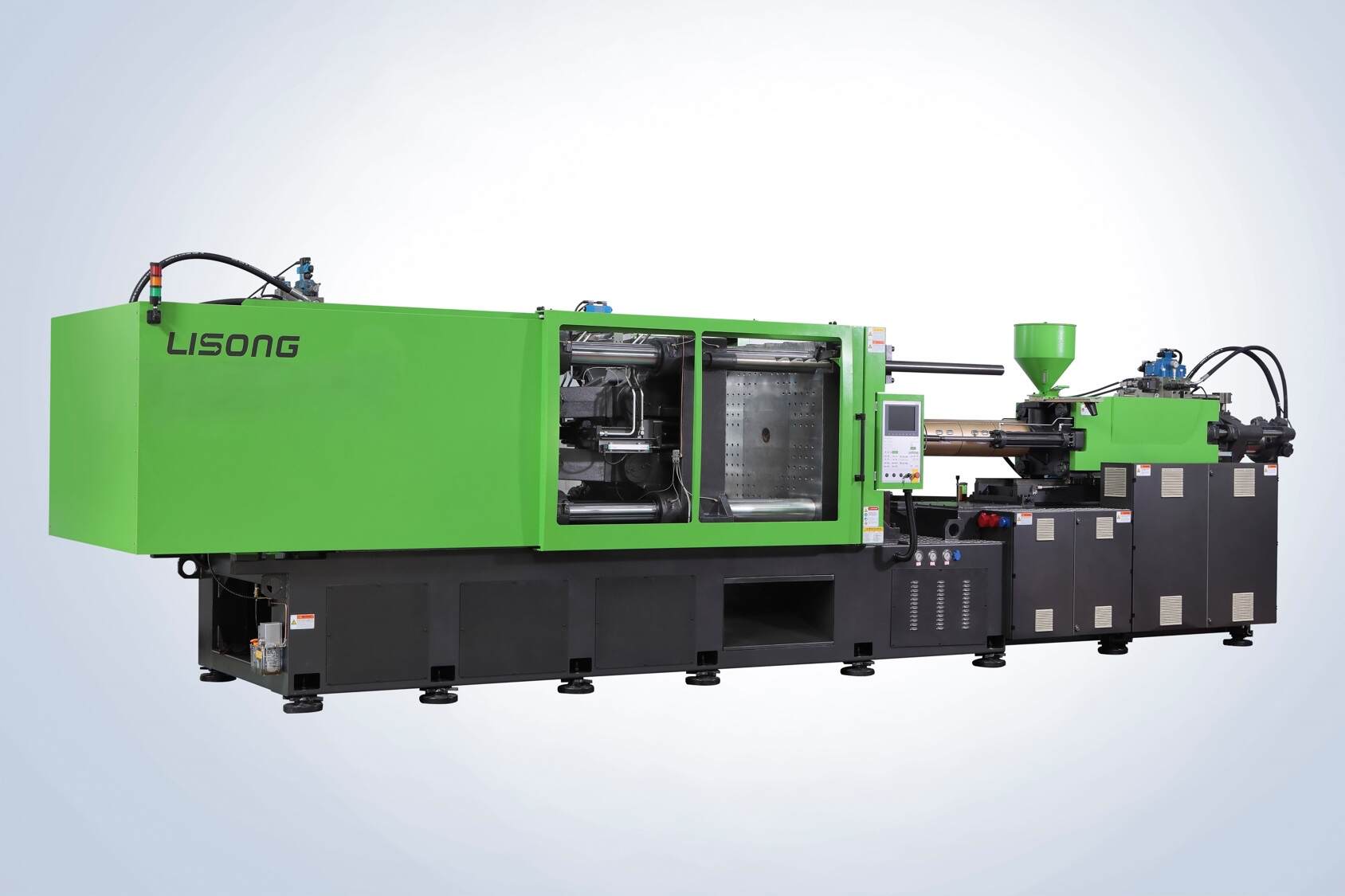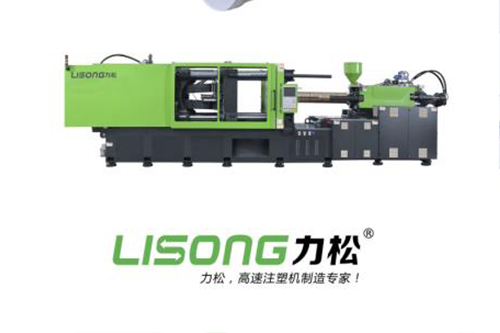Email format error
Email cannot be empty
Email already exists
6-20 characters(letters plus numbers only)
The password is inconsistent
Email format error
Email cannot be empty
Email does not exist
6-20 characters(letters plus numbers only)
The password is inconsistent

Plastic Injection Moulding Machine Manufacturer
Latest Blog

Injection Molding Machine for Disposable Knife Exporter: A Comprehensive Guide
In the fast-paced world of manufacturing, efficiency and precision are crucial. Among the various products flooding the market, disposable knives have seen a significant surge in demand. This trend is largely driven by the food industry, where hygiene and convenience are paramount. To meet this growing demand, manufacturers rely heavily on advanced technologies such as injection molding. This blog delves into the intricacies of being an injection molding machine for disposable knife exporter, exploring the technology, benefits, and market potential.
Understanding Injection Molding
What is Injection Molding?
Injection molding is a manufacturing process used to produce parts by injecting molten material into a mold. This method is widely used for fabricating items from plastics, including disposable knives. The process involves several steps: melting the plastic, injecting it into the mold, cooling the product, and finally ejecting the finished part.
Why Injection Molding for Disposable Knives?
Disposable knives require precision, consistency, and high-volume production capabilities. Injection molding offers these benefits, making it the preferred method for manufacturing such items. The process ensures that each knife is uniform in shape, size, and quality, which is crucial for disposable products that need to be cost-effective and reliable.
Key Components of an Injection Molding Machine for Disposable Knife Exporter
The Injection Unit
The injection unit is responsible for melting the plastic and injecting it into the mold. It consists of a hopper, barrel, and screw. The material is fed into the hopper, heated in the barrel, and then pushed into the mold by the screw.
The Mold
The mold is the core component where the molten plastic takes shape. It is usually made of steel or aluminum and designed to produce the desired shape of the disposable knife. The quality of the mold directly affects the quality of the final product.
The Clamping Unit
The clamping unit holds the mold in place during the injection and cooling process. It ensures that the mold remains closed under high pressure and opens only when the product is ready to be ejected.
The Control System
Modern injection molding machines are equipped with sophisticated control systems that monitor and adjust the process parameters. This ensures consistent quality and reduces the risk of defects.
Benefits of Using an Injection Molding Machine for Disposable Knife Exporter
High Efficiency and Productivity
Injection molding machines are capable of producing a large number of disposable knives in a short period. This high efficiency translates to lower production costs and the ability to meet large orders promptly.
Precision and Consistency
The process provides high precision, ensuring that each disposable knife is identical. This consistency is crucial for maintaining quality standards and meeting customer expectations.
Cost-Effectiveness
Although the initial investment in an injection molding machine can be high, the long-term benefits outweigh the costs. The ability to produce large quantities at a low per-unit cost makes it a cost-effective solution for disposable knife manufacturers.
Versatility
Injection molding machines can be used to produce a variety of disposable cutlery and other plastic products. This versatility allows manufacturers to diversify their product offerings and cater to different market needs.
Challenges Faced by Injection Molding Machine for Disposable Knife Exporters
Market Competition
The disposable knife market is highly competitive, with numerous players vying for market share. Exporters need to ensure that their products stand out in terms of quality and price.
Environmental Concern
With growing awareness about plastic pollution, there is increasing pressure on manufacturers to adopt sustainable practices. Exporters need to balance cost-effectiveness with environmental responsibility.
Regulatory Compliance
Different countries have varying regulations regarding plastic products. Exporters must navigate these regulations to ensure their products meet the required standards in target markets.
Strategies for Success as an Injection Molding Machine for Disposable Knife Exporter
Focus on Quality
Quality is a critical factor that can make or break an exporter’s reputation. Investing in high-quality molds and maintaining stringent quality control measures can help ensure that the products meet customer expectations.
Innovation and R&D
Staying ahead of the competition requires continuous innovation. Investing in research and development can lead to the creation of better, more efficient production processes and new product designs.
Sustainable Practices
Adopting sustainable practices, such as using biodegradable materials and reducing waste, can help meet regulatory requirements and appeal to environmentally conscious consumers.
Strategic Marketing
Effective marketing strategies are essential for reaching target markets and building brand awareness. Utilizing digital marketing, participating in trade shows, and forming strategic partnerships can help boost visibility and sales.
Future Trends in Injection Molding for Disposable Knives
Biodegradable Materials
As environmental concerns grow, there is a shift towards using biodegradable materials for disposable products. Injection molding machines are being adapted to handle these new materials, offering a sustainable alternative to traditional plastics.
Advanced Automation
The integration of advanced automation and robotics in injection molding machines is increasing efficiency and reducing labor costs. This trend is expected to continue, making production processes faster and more reliable.
Industry 4.0 and IoT
The adoption of Industry 4.0 and the Internet of Things (IoT) is revolutionizing the manufacturing sector. Injection molding machines equipped with IoT capabilities can provide real-time data, predictive maintenance, and enhanced control, leading to improved productivity and reduced downtime.
Case Study: Success of a Leading Injection Molding Machine for Disposable Knife Exporter
Company Overview
One notable success story in this industry is that of XYZ Plastics, a leading exporter of disposable knives. By leveraging advanced injection molding technology and focusing on quality and sustainability, XYZ Plastics has established itself as a trusted name in the market.
Challenges and Solutions
XYZ Plastics faced several challenges, including intense competition and environmental regulations. The company invested in state-of-the-art injection molding machines that could handle biodegradable materials, ensuring compliance with environmental standards. Additionally, they implemented a robust quality control system to maintain high product standards.
Market Expansion
Through strategic marketing and participation in international trade fairs, XYZ Plastics expanded its market reach to over 50 countries. The company’s commitment to innovation and sustainability resonated with customers worldwide, driving significant growth in sales.
Conclusion
Becoming a successful injection molding machine for disposable knife exporter requires a combination of advanced technology, quality control, and strategic planning. By understanding the intricacies of the injection molding process and addressing the challenges of the market, exporters can position themselves for success in this competitive industry.
The future of disposable knife manufacturing lies in sustainable practices and technological advancements. Companies that embrace these trends and continuously innovate will lead the way in meeting global demand while minimizing environmental impact. As the industry evolves, staying informed and adaptable will be key to maintaining a competitive edge and achieving long-term success.

